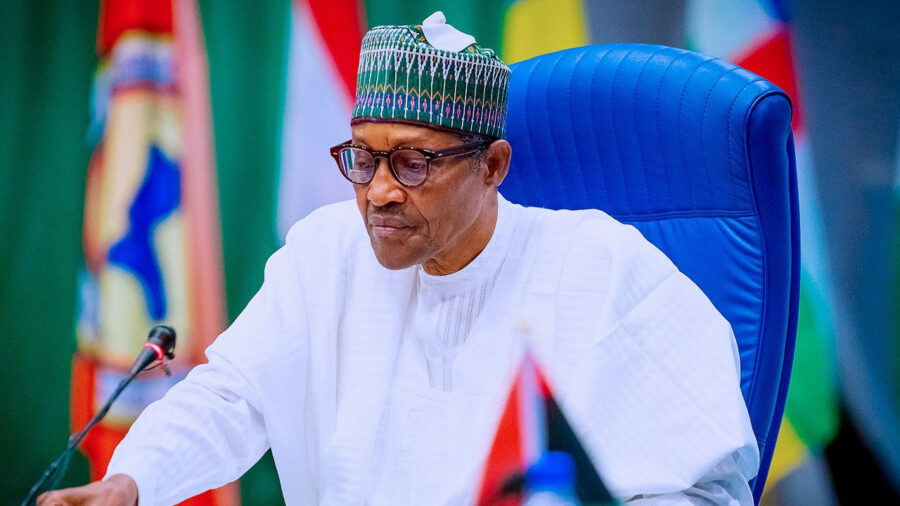The 2021 Electoral Act Amendment Bill, which was Nigeria’s most heavily discussed bill ahead of the 2023 election was formally rejected by the Presidency on Tuesday,
This was revealed in a letter addressed to the Senate on Tuesday.
The President raised multiple issues regarding the conduction of primaries stating that political parties should be allowed to freely exercise the right of choice in deciding whether direct or indirect primaries to adopt in the conduct of their primary elections.
Why the President withheld assent to the bill
In the letter, the President said, “Further to the letter dated Nov. 18, forwarded for presidential assent, the Electoral Act Amendment Bill 2021 as passed by the National Assembly.
He said that he has also carefully reviewed the bill in line with current realities prevalent in the Federal Republic of Nigeria in the circumstances and that the conduct of elections for the nomination of party candidates as solely via direct primaries as envisaged by the electoral act amendment bill 2021 has serious adverse, legal, financial and economic and security consequences, which can not be accommodated at the moment considering the nation’s peculiarity.
“Arising from the review, Mr Senate President, may wish to note that the conduct of elections for the nomination of party candidates as solely via direct primaries as envisage by the electoral act amendment bill 2021 has serious adverse, legal, financial and economic and security consequences, which can not be accommodated at the moment considering our nation’s peculiarity.
”It also has implications on the lives of citizens to participate in the government as constitutionally ensured,” the president said.
He raised concerns on parts of the objectives of the bill to amend present section 87 of the electoral Act 2010 to delete the provision for the conduct of indirect primaries in the nomination of party candidates, so that party candidates can henceforth only emerge through direct primaries.
He said that the Presidency wishes to particularly note the pertinent issues implicated includes the conduct of direct primaries across the 8,809 wards across the length and breadth of the country will lead to significant strife in the course of conducting primary elections by parties and increase in the cost of monitoring such elections by INEC.
He warned that for parties to conduct direct primary elections for the presidential, governorship and legislative posts, cost addition would be a huge cost of conducting the general election and will inevitably leave a huge financial burden on both the political parties, INEC and the economy in general at a time of dwindling revenues.
The Presidency also warned of insecurity challenges towards conducting and monitoring direct primaries in the 8,809 wards stating security agencies will also be overstretched as direct primary will open participation to all and a sundry, as such large turnout without effective security coordination will also engender intimidation and disruption, thereby raising credibility issues for outcomes of such elections.
Bottomline
The President stated that due to the large financial and security challenges related to conducting direct primaries, he is constrained to withdrawal assent to the Electoral Act Amendment Bill 2021 in line with provisions of section 58 (1) and (4) of the 1999 constitution as amended, citing that the political parties should be allowed to freely exercise right of choice in deciding which of direct or indirect primaries to adopt in the conduct of their primary elections.








